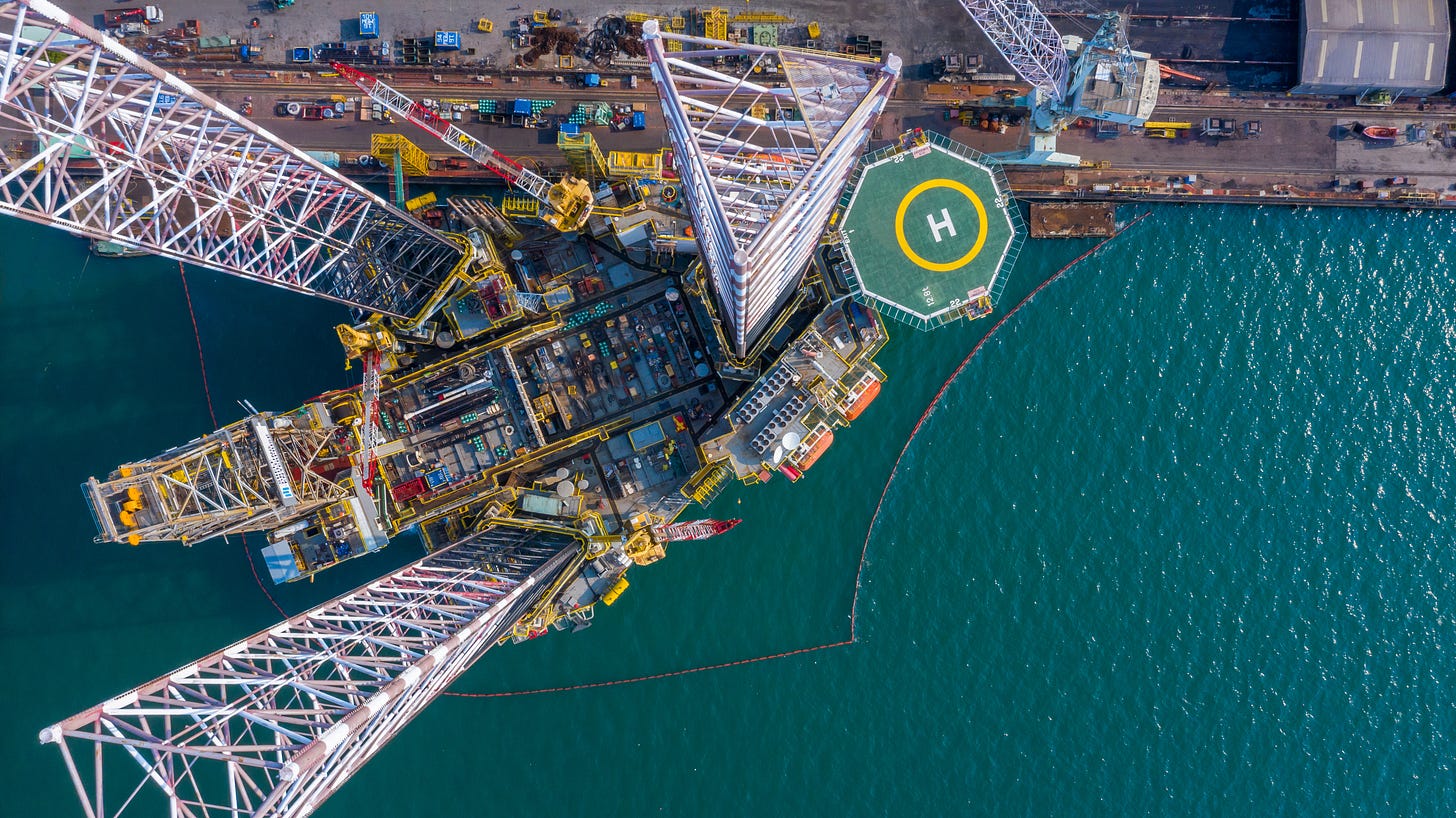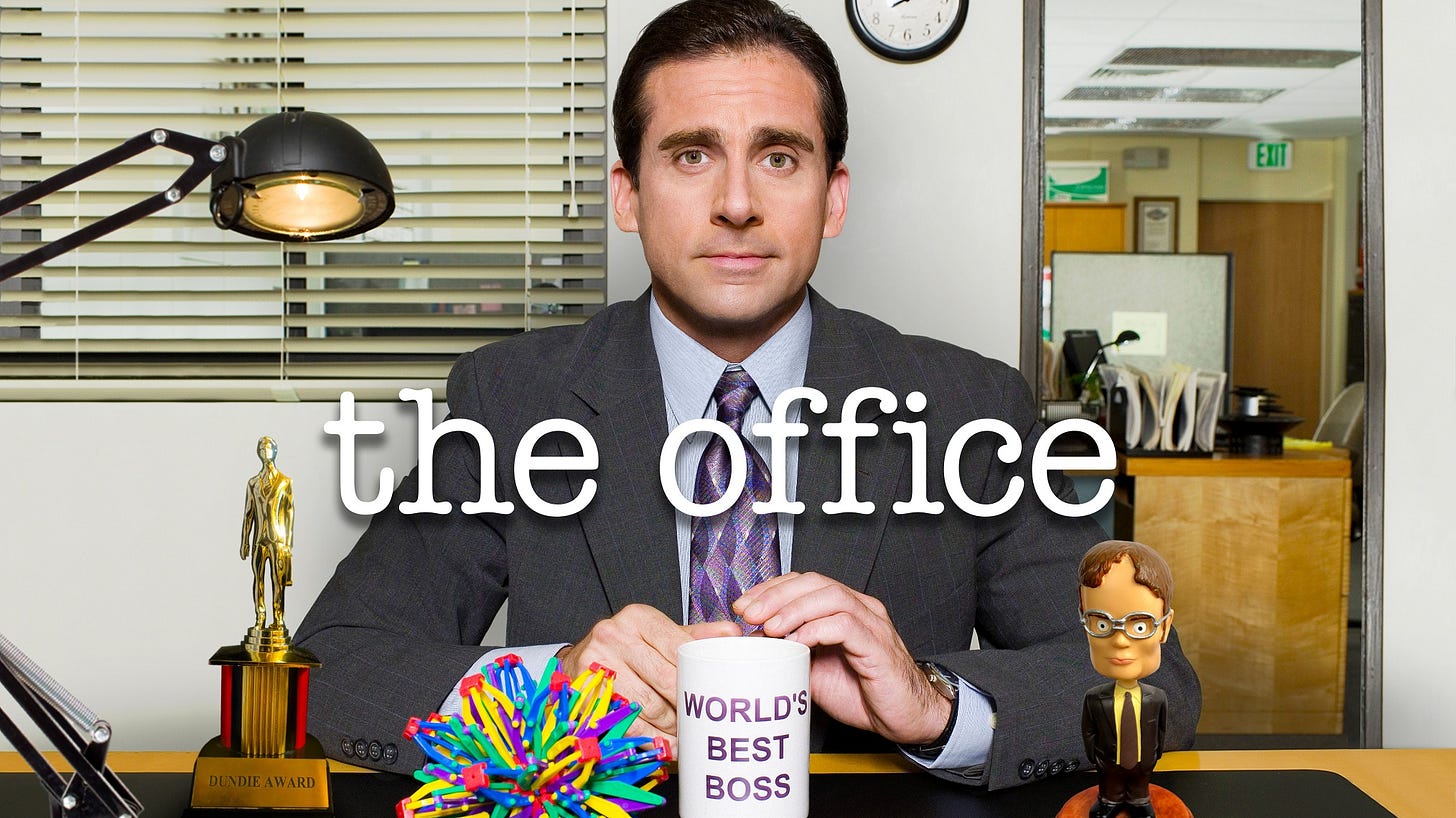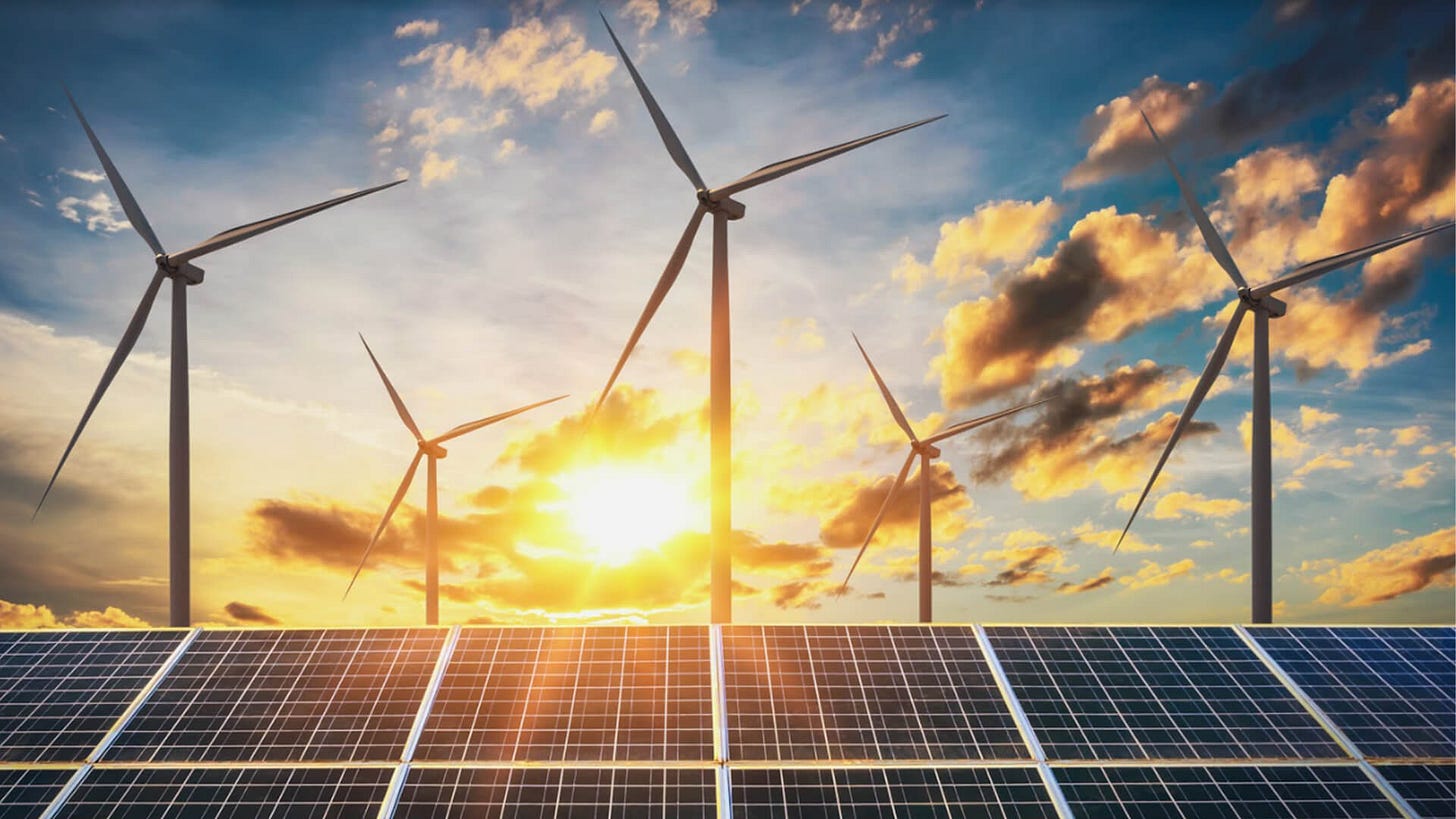Why Petroleum (Still) Matters
From the moment we wake up to the moment we close our eyes to sleep, we are enveloped in a world of petroleum. That's unlikely to change anytime soon.
We live in the Petroleum Age, our lives enmeshed in every way possible with the world’s most traded commodity: crude oil.
Consider your morning routine. Just about everything you do involves crude oil. Your toothbrush and your toothpaste? They are both made with petroleum derivatives. Petrochemicals help create the nylon bristles and the plastic handles on your toothbrush. As for your toothpaste, most use the petroleum derivative known as poloxamer 407 along with a whole lot of other ingredients with numbers and colors attached to them (you know, the kind that we are supposed to avoid when buying food).
Having brushed your teeth, you may jump in the shower next. That “all natural” shampoo you use likely has a whole range of petrochemical ingredients in it. Even if it doesn’t, the plastic bottle does, not to mention the cap on the plastic bottle, or the lettering on the bottle that says “all natural” or “organic.” As Kevin Swift, director of economics and statistics for the American Chemistry Council, says: “A bottle of shampoo is about 100 percent chemistry.”
Oil is ever present throughout your bathroom: the shower curtain, the toilet seat, the plastic bottles of gels and shampoos, nail polish, lipstick, deodorants, and on and on.
Now that you are showered and refreshed, dear reader, you most likely begin your day reading the Emerging World “Emerging Markets Daily” on your laptop or your phone (for those of you in Europe or the Eastern hemisphere, we understand that this is more of an afternoon routine; whatever time you read it, thank you!) Wherever you are reading it, your phone, your iPad or laptop are full of petroleum products, mainly plastics, but are also enveloped in a world of petroleum that is critical to mining the metals that go into circuit boards and screens. Petroleum also is vital to the transport of your device to the store where you purchased it, perhaps swiping your petroleum-based plastic credit card to do so.
Today’s top-end smart phone has far more computing capacity than NASA had to send men to the moon, as our fellow traveler and friend Christopher Schroeder often notes. It’s a dazzling product, and it’s full of petroleum.
Perhaps you are like me and you are part of the dying breed that still read print newspapers (see the Slow, Sad Death of Print Newspapers). You pull out your Financial Times or Wall Street Journal or The National or the Hindustan Times or the South China Morning Post or El Pais or Singapore Straits Times or Le Monde print edition.
As you flip the pages, you remain enveloped in petroleum. Most newspapers no longer use petroleum-based oils for their print, but petrochemicals are components in the dyes and the inks. And, of course, churning out millions of copies of newspapers requires a lot of electricity, often derived from petroleum-based sources.
As you scan Emerging Markets daily, perhaps you are drinking some coffee - the world’s second most traded commodity in the world, after crude oil. The journey of your coffee bean to your cup is an extraordinary one, what we call Globalization in a Mug. But without the first most traded commodity in the world (oil), coffee would not be so ubiquitous. There would not be the estimated 2.25 billion cups of coffee consumed every day, the multi-billion dollar industry and the tens of millions of small farmers cultivating coffee beans in mostly low and middle-income countries.
Putting aside all of the transport fuel required to get your coffee beans from Colombia or Brazil or Ethiopia to the roaster and distributor and grocery store, there’s also the packaging, the printing, the plastic in your high-end espresso machine — all made from petroleum derivatives. That coffee that powers you is powered by petroleum.
Fully caffeinated and informed on the news of the day, maybe you decide to go for a run before starting your work day? (Good for you, by the way) Yes, that, too, is powered by petroleum. Your sneakers? Your water bottle? The nylon in your running shorts? The polyester in your running shirt? Check, check, check, and check. All are enveloped in petroleum products.
Even the brands that seem the most “eco-conscious” are enveloped in petroleum. The Pulitzer Prize-winning author Daniel Yergin told me the story of a well-known outdoor clothing company that refused to do a custom-branded product for a prominent energy company because it did not meet its eco-conscious standards. That same company later won an award from the Colorado Oil and Gas Association because their outdoor clothing products are full of petroleum. The zippers, the nylon, the polyester. Check, check, check. The hypocrisy? Check.
Ok, you are back from your run, and it’s time to go to work or run an errand. Maybe even return to the office? Here is where the petroleum becomes more obvious: your car, the bus you take, or the Uber or Grab or Didi or Careem or Ola you hail. Of course, these are powered (mostly) by petroleum, unless you live in Shenzhen, which managed to make all 16,000 of its buses electric.
You arrive at the office (remember the office? many of us are becoming reacquainted with those BC - Before Covid - sites of our lives). Look around: the carpets, the walls, the computers, the wires, the art, the chairs, the pens. All enveloped in petroleum. You’ve barely started your day, and you have petroleum everywhere.
If all of this is giving you a headache, you might reach for an aspirin. That, too, includes petroleum products.
This column is not suggesting that all of this is bad. By no means. We are living in the greatest era of human prosperity the world has ever known. Yes, enormous challenges remain and inequality is dangerously rising and Covid-19 packed a heavy punch, especially to the developing world as I have written in these page , and we will be living with these wounds for years, but make no mistake about it: we are wealthier and healthier than we have ever been as a species.
There are many reasons for this: human ingenuity and innovation, market forces and competition, scientific and technological advancement, relative peace compared to the bloody first half of the 20th century. Threaded throughout all of this has been the energy source that has powered this prosperity: petroleum, derived from the fossil remains of plants, algae, bacteria and animals buried in the earth for millions of years.
Fossil fuels, of course, are under fire as the world focuses more (rightly) on lowering human-made greenhouse gas emissions. “Energy Transition” has become the stock phrase used by academics and officials to describe the period we are living in today, as a transition is attempted away from fossil fuels toward more renewable energies.
Some of the world’s most notable Western oil producers are running away from fossil fuels under pressure from civil society, investors, and their own shareholders. Even the world’s biggest oil traders - the ones described in our piece, “I Will Make You a Billionaire” - are getting in on the renewables game.
But the world is still going to need a lot of fossil fuel for at least the next two decades, and possibly more. But with widespread disinvestment in exploration and new production, we are likely to see a supply gap, most traders believe over the next decade and a half. This will maintain upward pressure on oil prices even as peak demand hits some time in the next couple of decades.
This will likely strengthen the hand of the national oil companies from Russia to Saudi Arabia. While many of the top national oil companies and their governments are also exploring renewable energies, they understand that the world will still need fossil fuels for quite some time and they are investing in exploration and production in ways that the Exxon’s and BPs are not.
The world’s commodity traders — the Vitols and Trafiguras of the world — are ambidextrously investing in renewables while also investing in oil production. They see the writing the on the wall: the world will still need oil and lots of it for awhile, so they are investing in new oil production, too, even as the majors are shying away from that.
As urbanization and middle classes rise from South Asia to Africa to the Middle East, these urban, aspirational consumers will demand more goods, more travel, more experiences - and, therefore, more petroleum. Like their counterparts in post WW-II Western Europe and the United States, these rising middle classes will pursue consumer lifestyles closely linked to oil.
As more people get vaccinated, a travel boom beckons. But before we state the obvious about petroleum and jet fuel (there are no electric planes on the horizon), it’s worth noting that the complex supply chains that brought you your vaccine are powered by petroleum. The Pfizer vaccine, as noted in these pages, is “a medicine with 280 different components, manufactured in 86 different sites across 19 countries, driven partly by the research of a son and daughter of Turkish migrants to Germany. That’s globalization in a needle.”
That’s also globalization powered by petroleum. Oh, and the syringe that administered your Covid shot: petrochemicals again. A modern hospital is full of petroleum-derived products including life-saving medical equipment and medicines.
Can all of this be replaced with wind or solar power? It’s hard to imagine it happening any time soon.
Over time, of course, the billions of dollars flowing to renewable energy coupled with government incentives, global compacts on net zero emissions, and anti-fossil fuel regulations, will create more space for renewable energies in our total energy mix. For now, fossil fuels still account for 84% of the world’s energy needs.
This is partly because of its enormous first mover advantage - more than a century and a half for oil. This is also partly because it has historically bean cheaper than renewables. But that is changing as technology and renewables advance and become more cost-effective.
Still, the key word remains “transition,” and we could be transitioning for a longer time than we think from fossil fuels to more renewable energies. And even when we do, petroleum will likely play a role in our lives far longer than the headlines may suggest. Clearly, there is global momentum toward more renewable energies, but it would be premature to write off fossil fuels this decade or the next.
To read more Emerging World columns, receive the Emerging Markets Daily, and occasional thought leader interviews, please join our growing caravan of “fellow travelers” and…







This is a great piece! When you look at the large petroleum companies globally, do you think there will be a trend towards countries using their own national petroleum companies and building the full supply chain locally? (Ie. China, India, Indonesia all have their own oil companies vs. BP or Exxon)